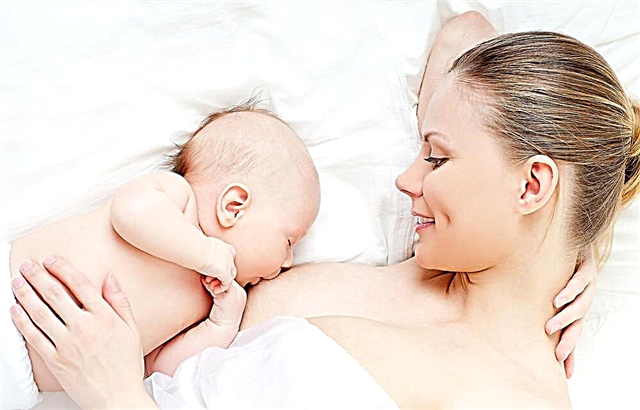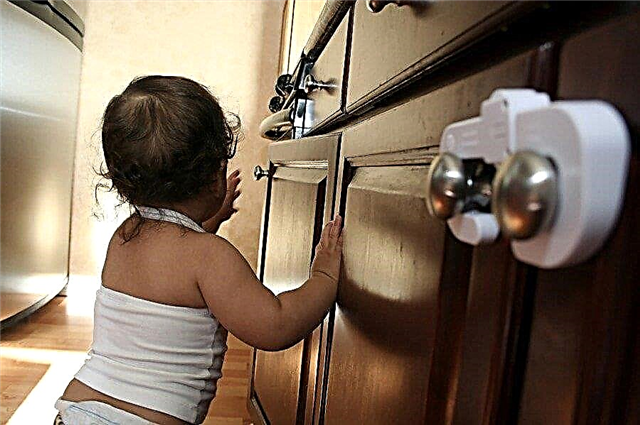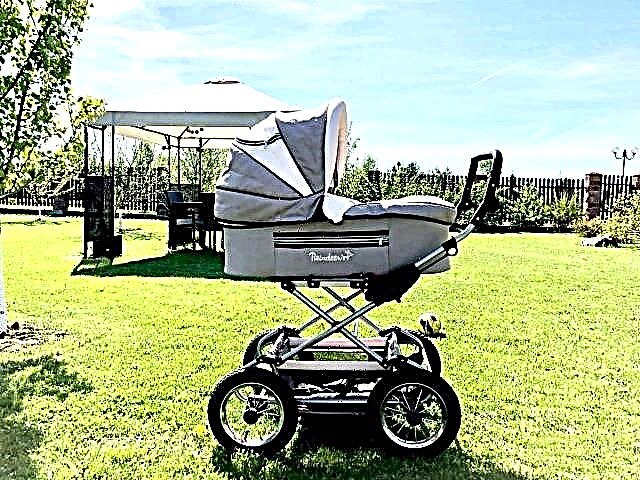Young mothers and fathers often do not know why a child can twitch in a dream. There are physiological reasons that shouldn't be alarming. They will not affect the health of the baby. It happens that babies begin to twitch their arms and legs in the presence of neurological disorders. To exclude the development of pathologies, you need to carefully monitor the baby, create comfortable conditions for sleeping and, if alarming symptoms are found, consult a doctor.

Baby
Sleep features of children under one year old
The sleep of children under one year old is mostly superficial. He is constantly moving from a fast phase to a deep one. In this case, the baby can open his eyes. If he feels discomfort, for example, he is cold, hot or wet, he will finally wake up and report his displeasure to adults.
REM sleep is necessary for an infant to assimilate new information, relieve the nervous tension accumulated during the day. If the baby has a healthy sleep, he is steadily gaining kilograms, then you should not worry about his condition.
Newborn babies sleep about 20 hours a day. They need this in order to grow and develop. They wake up to eat and change. Gradually, by the year, the duration and number of daytime dreams decrease. At 11-12 months, babies rest mostly at night.
Why does a child twitch when falling asleep
The fact that a child twitches in a dream often frightens young parents. Usually doctors confirm that this is no cause for concern.
Babies often flinch when falling asleep. This usually confirms that the crumbs had a day full of emotions. For him, everything in the world is new, the baby does not always have time to assimilate information, consolidate skills. Therefore, the task of parents is not to overload the baby's nervous system, especially in the evening. This applies not only to unpleasant events and impressions, but also to joyful ones.
Note! On falling asleep, the child may reflect the worries that the mother left for a long time during the day, and he stayed with his grandmother, that they took their favorite toy or blanket. It is necessary to be attentive to the needs of the child in order for him to feel loved.
When the baby falls asleep, his muscles relax. When they contract, there is a feeling of falling. Therefore, the baby can get scared and twitch. This is a natural process.
If the child moves sharply 30-40 minutes after going to bed, most likely, he is fast asleep. Due to the imperfection of the nervous system, the transition between sleep phases is very noticeable. The following signs will confirm the change in sleep phases:
- The child stops tossing and turning;
- Breathing becomes slow and calm;
- No more eye movement is visible under the eyelids.
When the baby is just falling asleep, he is sensitive to external stimuli. So, any sharp sound or popping can lead to twitching. You should not observe complete silence, running out of the room where the child is sleeping, you can walk next to his crib and talk.

Happy parents by the baby's crib
Note! The main thing is not to change the timbre or increase the volume of voices. For example, a dog barking or screaming can scare a baby, as they will be knocked out of a series of monotonous sounds.
Such reasons are recognized as physiological and are explained by the fact that the baby gets used to the world around him. Soon he and his nervous system will get stronger, and such manifestations will become less noticeable or completely disappear.
The kid twitches in a dream
If a child twitches during sleep, it is usually caused by the following reasons:
- The baby is teething. From sharp pain, especially when incisors are expected, the child may move;
- The baby was overworked, went to bed too late, which affects the quality of his rest. In this case, he will sleep restlessly almost all night, he may even cry and wake up in tears;
- The baby has gone to the toilet or is tempted to do so. If the diaper is warm, then this is definitely the reason;
- Disturbed by colic, which begins at the age of 2-3 weeks and lasts up to 4 months. Some babies suffer from increased gas production for up to six months. In this case, the child jerks his legs in a dream, presses them to his stomach, tosses and turns. Usually, colic is disturbed precisely at night and in the evening. During the day, the baby sleeps soundly and sweetly.

Baby sleeping sweetly
Children have different opinions about dreams. Some believe that they come to babies after three years. Other experts believe that babies have dreams in the womb. Then the twitching can be explained by a reaction to color or black and white pictures that babies look at during rest. The main thing is that there should be no more than 10 such sudden movements.
Parents' actions
Mom and Dad should always be close to the baby, surround him with love and care.
Note! If the baby jerked and continues to sleep, then you should not wake him up. It is enough to stroke him and sit next to him for a while, observing his behavior.
If the baby has a fever, then most likely he has seizures. At this point, you do not need to shake the child or try to sit down. the main thing – do not panic, so that the excitement is not transmitted to the little person, act calmly and confidently:
- Lay the child on its side;
- Watch that he does not injure himself;
- Call an ambulance, especially if this is the first time this has happened. Medical workers will tell you how to act in such a situation, because, perhaps, the seizures will recur again when the body temperature rises.
It is advisable to consult a neurologist in order to exclude the development of pathologies. Usually children outgrow them, and such a reaction to a jump in temperature disappears.
Alarming symptoms
Usually, the child jerks when the sleep phase changes. There is nothing dangerous in this, the same is typical for adults. There are signs that should alert parents:
- The baby sleeps restlessly all night, the child jerks his arms and legs even during the daytime;
- During rest, the baby sweats a lot. Does not show activity during the day, looks lethargic;
- During sleep, there are more than ten flinches. In this case, after there is a trembling in the handle or leg;
- During the day, the baby is restless, his chin or head shakes when he lies on his stomach. After reaching 3 months, children should not have this symptom. Until then, it is considered valid;
- The twitching goes one after the other, then repeats again after a short interval.
If at least one of the listed signs is noticed, an urgent need to contact a pediatrician. If necessary, he will refer you to a narrow specialist - a neurologist.

Baby at a neurologist
Creating comfortable conditions for sleeping
Young parents should take care of healthy children's sleep by creating the necessary conditions for it:
- Ventilate the room in the evening. Better when the child sleeps cool, but warmly dressed than stuffy and naked;
- Carry out wet cleaning every day, get rid of dust, wash floors;
- Buy an anatomical mattress of a certain firmness for the baby, suitable for babies;
- Do not wrap up the baby and make sure that it does not freeze;
- Change diapers in a timely manner;
- Feed before bedtime, babies fall asleep much faster on a full stomach;
- Maintain an optimal room temperature. Children feel comfortable when it does not exceed 22 degrees.
In order not to overload the child's nervous system, you should not plan noisy events for the evening. It is also good to arrange new acquaintances and bright events in the morning, before lunch. Calm games and activities are preferred before bed. Rituals are encouraged to help relax and sleep well. Repetitive actions calm the infant. He already knows what awaits him next and realizes that he is safe. The absence of anxiety has a beneficial effect on the quality of sleep.
Note! Also, no matter how small the child is, he feels the mood of the parents. If there is discord in the family, mom and dad are constantly on edge, then the baby does not leave anxiety. This is reflected in his relaxation.
If the baby twitches in a dream, you need to pay attention to the nature and frequency of his movements and be sure to check the temperature. So he can swing his arms and legs or slightly move his shoulders. Sometimes the twitching occurs in series, but usually it happens once. In any case, you need to be close to the baby so that he feels love and care. If his anxiety increases and other symptoms appear, visit a pediatrician.



